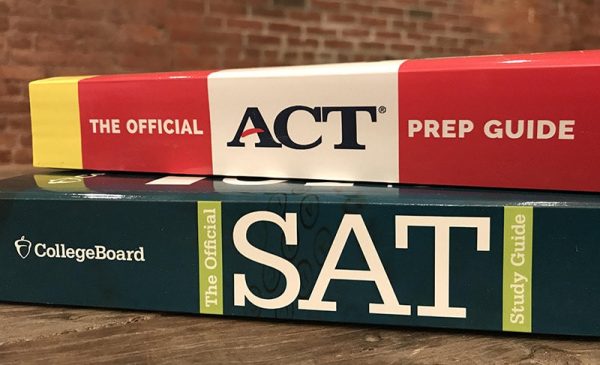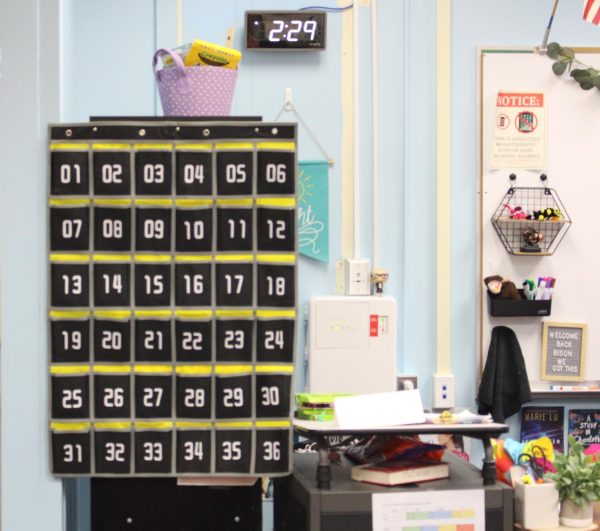Through Erik’s Eyes: The not–so–funny joke about Ebola
In the late stages of Ebola, a person experiences fatal blows to their immune system. The infected enter the terminal phase known as Haemorrhagic Fever in the final stretch of the 24 days, not knowing whether they will live or die. If they die, they endure one of the most horrifying experiences– an immune shutdown coined as “cytokine storm.” During this stage, a person will feel blood vessels bursting everywhere and they will slowly bleed to death. The diarrhea and vomit they were initially ejecting is now tattered with blood, and there is no escape.
Ebola is a serial killer. When someone makes a “joke” about the current live–or–die situation many West Africans are facing today, they are poking fun at murder.
Currently, the The United States Centers for Disease Control and Prevention states that about 13,540 cases of Ebola have been diagnosed since late winter 2013. The Associated Press has also shown simulations done by Stanford University professors, which illustrates how, by the end of 2014, there will be an estimated 2–130 Ebola cases within the U.S.
That being said, the people who are panicking the most are parents who believe that their children are at risk. In fact, this sort of mentality has caused many people to believe that a quarantine is the answer for the prevention of the spread of Ebola here in the U.S. On the contrary, the American Medical Association, The Infectious Disease Society of America and the Association for Professionals in Infection Control and Epidemiology all agree that instituting a quarantine in New York, New Jersey and other states would have detrimental effects.
The possible negative effects include: the decrease in health professionals wanting to go to West Africa; increased difficulties in assembling U.S. care teams in West Africa; and, the worsening of a healthcare worker’s chance of receiving pay. Overall, Doctors Without Borders sums up the idea by saying that a quarantine in a major city “is not grounded on scientific evidence and could undermine efforts to curb the epidemic at its source.”
America’s main focus in combating Ebola is sending forces and medical units to Liberia. The Wall Street Journal reported that the U.S. has 539 military members in Monrovia. The United States military also has an expected $750 million budget for six months of containment. Al Jazeera, an international news network, reported that World Bank Group president Jim Yong Kim said that Asian nations, having the resources and medical professionals, are not doing enough to combat Ebola.
The United Nations’ envoy of medical professionals agreed with Kim’s statements when they stated that Ebola is “spreading rapidly.” Pandemics expert Dr. David Nabarro said that unless medical professionals come in and help the effort of tackling Ebola, it will not be contained for at least another year. The envoy also specifies that in rural parts of West Africa, Ebola is spreading nine times faster than it was two months ago.
In concerns to the patients in the U.S., every news source says that Ebola does not present a threat to Americans. The Los Angeles Times stated that 357 Americans are currently being monitored in New York City, meaning that the U.S. is taking initiative in preventing an outbreak through means other than a quarantine. The Center for Disease Control and Prevention has also stated that there have only been four people within the United States that have been infected with Ebola. Of those four, only one passed away.
The situation in West Africa is terrifying to say the least, but it’s a reassuring fact knowing that prevention in the U.S. is not necessary. BG students at this time should not panic, and at the same time refrain from immature jokes which try to cover up fear. The right thing to do now is to be grateful we are not in danger, and to keep sending aid to remove the serial killer shadowing all Western Africans.





